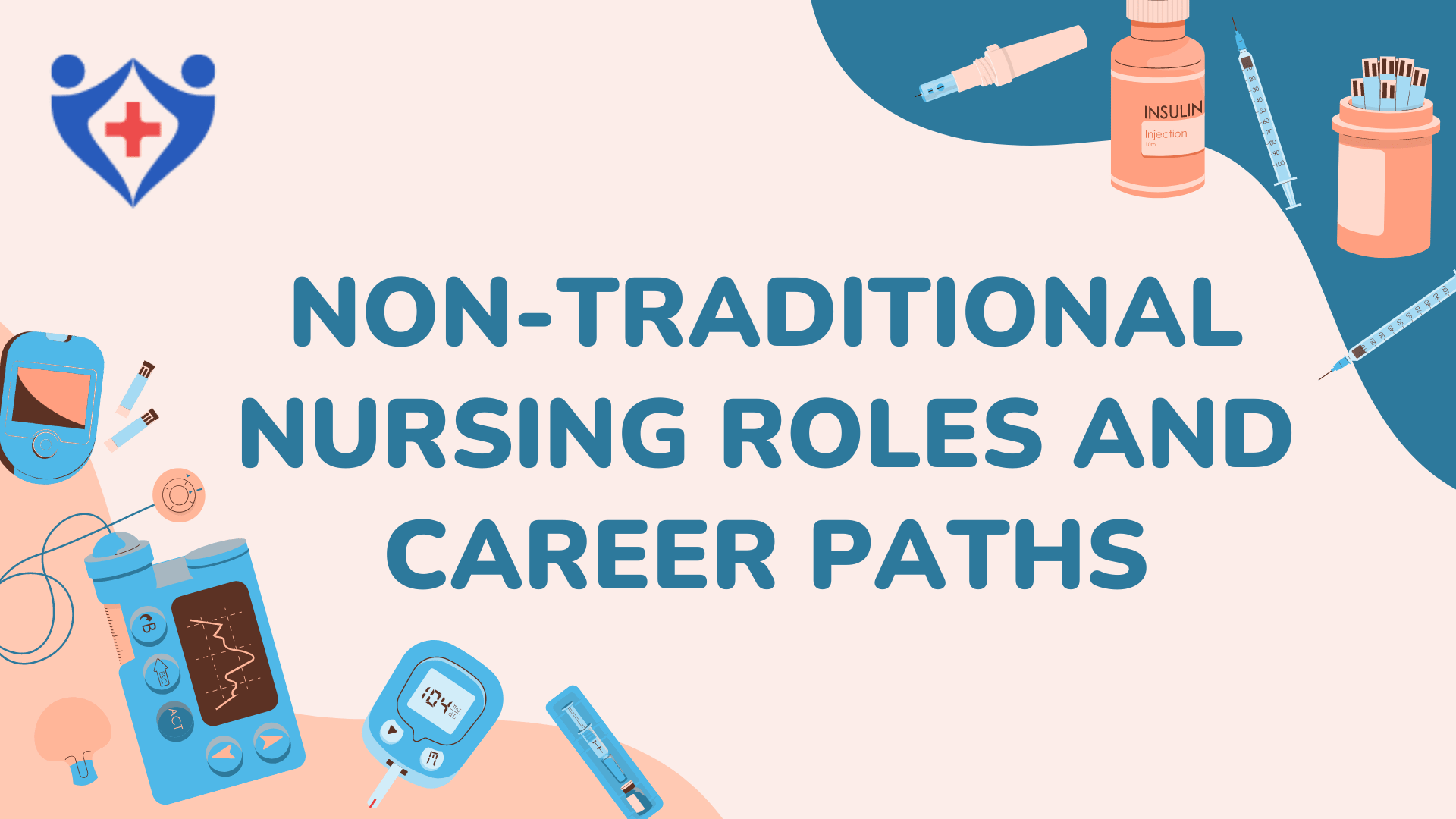In the dynamic landscape of healthcare, nursing professionals play a pivotal role beyond the traditional bedside care. As the field evolves to meet the changing needs of patients and healthcare systems, opportunities for nurses extend far beyond the confines of hospitals and clinics. In this comprehensive guide, we delve into the realm of non-traditional nursing roles and career paths, uncovering diverse avenues for professional growth and fulfillment.
Table: Non-Traditional Nursing Career Trends
| Non-Traditional Role | Growth Outlook | Median Salary |
|---|---|---|
| Nurse Educator | 12% (Faster than average) | $75,470 per year |
| Legal Nurse Consultant | 8% (As fast as average) | $89,900 per year |
| Nurse Informaticist | 32% (Much faster than average) | $93,000 per year |
| Public Health Nurse | 12% (Faster than average) | $65,470 per year |
1. Understanding Non-Traditional Nursing Roles
Expanding Horizons: Non-traditional nursing roles encompass a wide array of positions that leverage nursing skills in unique settings and capacities. These roles often involve direct patient care but can also extend to education, administration, research, and advocacy.
Examples of Non-Traditional Roles:
- Nurse Educator: Shaping the future of nursing by educating aspiring nurses and healthcare professionals.
- Legal Nurse Consultant: Providing expertise in legal cases involving healthcare, bridging the gap between law and medicine.
- Nurse Informaticist: Harnessing technology to optimize healthcare delivery, patient outcomes, and data management.
- Public Health Nurse: Promoting community wellness through preventive care, health education, and advocacy initiatives.
2. Advantages of Non-Traditional Nursing Careers
Professional Growth: Non-traditional roles offer opportunities for advancement, specialization, and leadership development outside the traditional clinical ladder.
Work-Life Balance: Many non-traditional nursing positions offer flexible schedules, remote work options, and reduced physical demands compared to bedside nursing.
Diverse Settings: Nurses in non-traditional roles may work in corporate offices, government agencies, educational institutions, research facilities, or even in the media.
3. Challenges and Considerations
Credentialing and Education: Some non-traditional roles require additional certification, advanced degrees, or specialized training beyond basic nursing education.
Navigating Transitions: Transitioning from traditional to non-traditional roles may require networking, skill-building, and adapting to new environments and expectations.
Scope of Practice: Nurses in non-traditional roles must understand and adhere to the scope of practice defined by regulatory bodies and professional organizations.
4. Emerging Trends and Opportunities
Telehealth Nursing: With the rise of telemedicine, nurses are increasingly delivering care remotely, leveraging technology to connect with patients and provide virtual support.
Global Health Nursing: Addressing global health challenges requires nurses with cross-cultural competence, language skills, and expertise in international health policies and practices.
Entrepreneurial Ventures: Nurses are venturing into entrepreneurship, launching startups, consulting firms, and innovative healthcare solutions to address unmet needs in the industry.
Conclusion
The landscape of nursing is evolving, offering diverse and rewarding opportunities beyond traditional clinical roles. Non-traditional nursing careers provide avenues for professional growth, innovation, and impact across various sectors of healthcare. By exploring these alternative paths, nurses can expand their horizons, pursue their passions, and make meaningful contributions to the health and well-being of individuals and communities worldwide.


